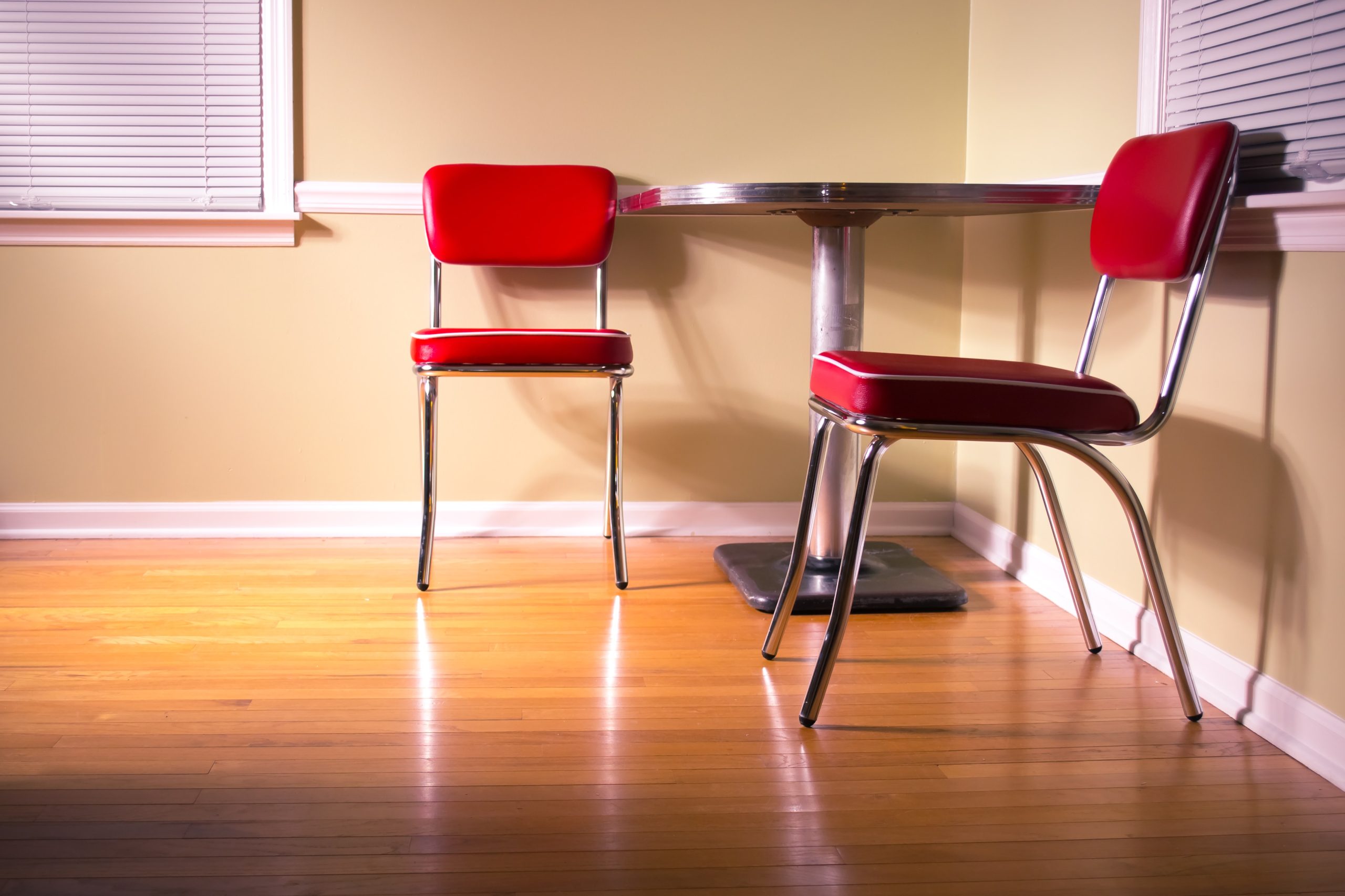
28 Sep Does Vinyl or Laminate Scratch Easier?
When choosing flooring for your home, two popular options often come to mind: vinyl and laminate. The right choice often depends on various factors such as aesthetics, durability, and cost. But how do these flooring types stack up when it comes to resistance to scratches? Let’s dive deep into each type and evaluate their vulnerability to scratching.
Understanding Vinyl Flooring
Vinyl flooring is a synthetic material made from polyvinyl chloride (PVC) with other added elements. It offers a wide range of design options and can mimic the look of natural materials like wood and stone.
Scratch Resistance of Vinyl
Vinyl is generally considered to be a scratch-resistant material. It’s often installed in places with high foot traffic, like shopping centres and schools, without showing significant wear. Several layers make up the vinyl flooring, including a protective wear layer that guards against scratches. The thicker this wear layer, the more resistant to scratches the flooring will be.
Care and Maintenance
Cleaning vinyl is quite straightforward. You can sweep, vacuum, and mop without worrying about damaging the surface. Any spills can be wiped up easily, and it doesn’t require any special cleaning products. This ease of maintenance extends the life of your floor and keeps it looking new for longer.
The Basics of Laminate Flooring
Laminate is another synthetic flooring option, comprised of multiple layers fused together. The top layer usually includes a high-resolution image of wood or stone, giving the appearance of natural materials.
Scratch Resistance of Laminate
Compared to vinyl, laminate floors are more susceptible to scratching. The top layer is a printed image, which can get damaged more easily than the wear layer on vinyl flooring. That being said, high-quality laminates with thicker top layers offer better scratch resistance. However, once the top layer is scratched, fixing it is not easy.
Care and Maintenance
Cleaning laminate floors usually involves sweeping and mopping, but you have to be careful about the cleaning products you use. Any harsh chemicals can cause discolouration or damage the protective layer. So, it’s crucial to use cleaning products designed specifically for laminate floors to ensure long-lasting beauty and durability.
Cost and Lifespan of Vinyl or Laminate
Vinyl Flooring
High-quality vinyl flooring might come with a higher upfront cost but generally offers better longevity and less frequent maintenance. The average lifespan of vinyl floors is about 10-25 years if well maintained.
Laminate Flooring
Laminate is often less expensive initially but might require more frequent replacements, as it has a shorter lifespan of around 10 to 15 years.
So, Vinyl or Laminate?
Choosing between vinyl and laminate comes down to your specific needs. If you’re worried about scratches, vinyl seems to be the superior option due to its protective wear layer. It’s also easier to maintain and has a longer lifespan. On the other hand, if cost is a more significant factor for you, laminate might be the way to go, but you might have to be more careful to avoid scratching.
Both types of flooring have their pros and cons, so weigh these factors carefully before making your decision. Whatever you choose, understanding how to properly care for your flooring will ensure it stays in top condition for years to come.



